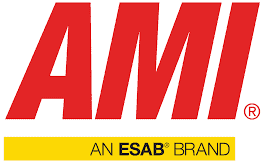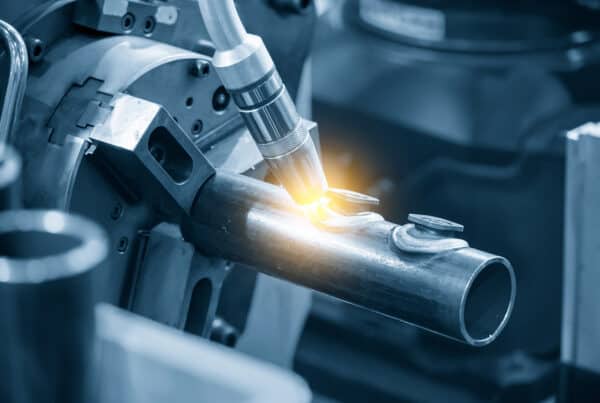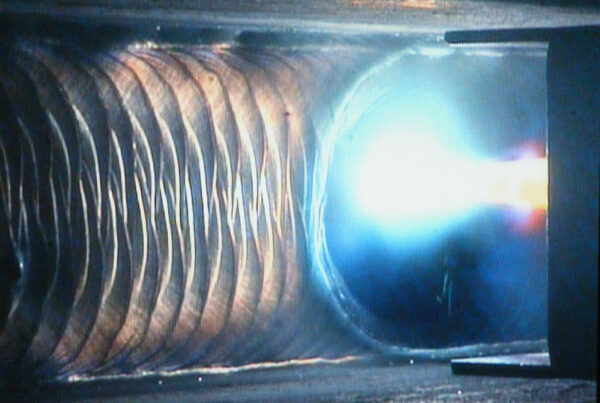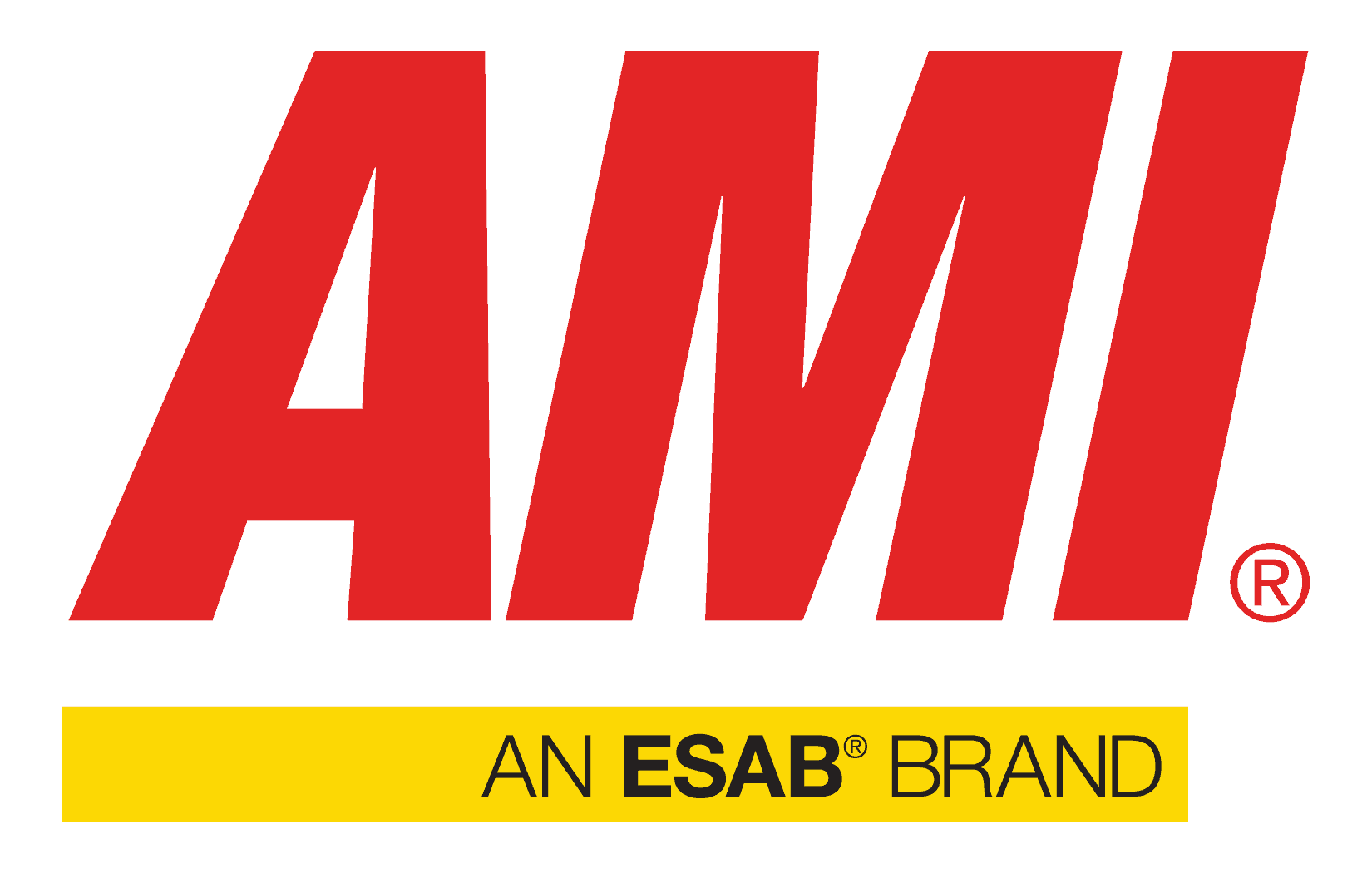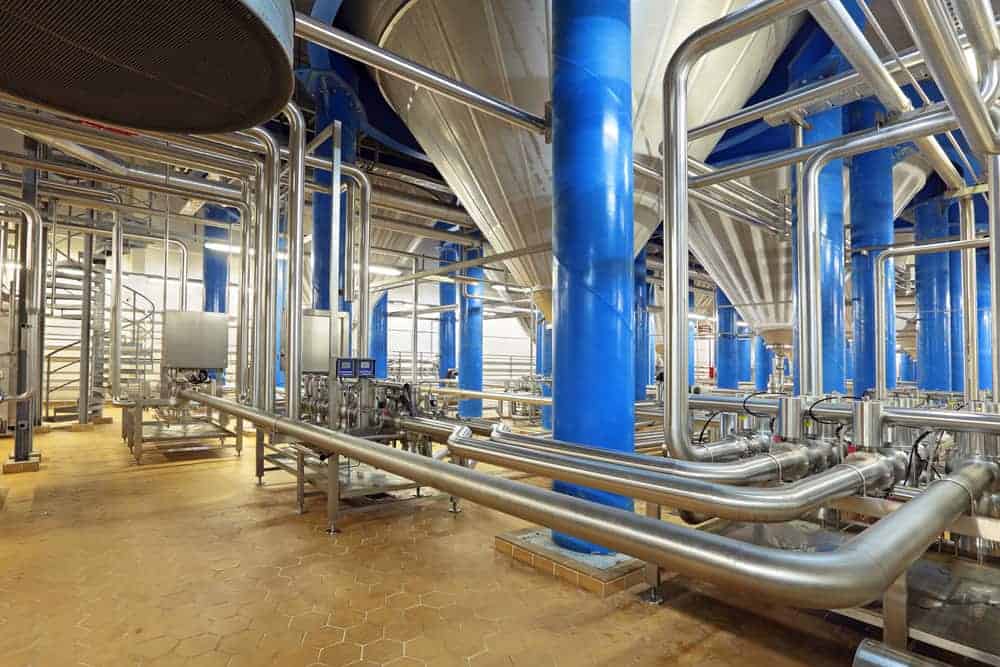
Hygiene and sanitation are critical requirements in industries like biopharmaceuticals and food processing, where contamination is an ever-present concern. Consequently, during component design and fabrication, welding should be performed so that it does not compromise the chemistry of the processed product or encourage bacterial contamination. To guide the welders and technicians, industry organizations have established sanitary welding standards to ensure safety and uniformity in welding.
Recognizing Sanitary Welding Standards
The American Welding Society (AWS) is a widely recognized standardizing agency for sanitary welding. By providing guidance to welders and establishing welding procedures, AWS has set the standards in the welding industry for many years. In accordance with the rules set by ANSI (American National Standards Institute, AWS recommends codes and specifications recognized on local and global levels.
Due to the hygienic designs and material requirements that come into play, sanitary welding is considerably more challenging than non-sanitary welding. One such, the FDA FSMA (Food and Safety Modernization Act), focuses on the hygiene standards that each food-grade industry must meet. These are attainable only if hygienic standards have been in place since the initial material selection and fabrication phase.
AWS D18 covers the sanitary welding standards for a wide range of applications, including:
| AWS D18.1, Specification for welding austenitic stainless steel tube and pipe systems in sanitary applications. |
| AWS D18.2, Guide to weld discoloration levels inside austenitic stainless steel tube. |
| AWS D18.3, Specification for Welding Vessels and Equipment in Sanitary Applications |
Most sanitary welding applications use austenitic stainless steel for pipes and vessel fabrication, leveraging its smooth surface finish and non-corrosive properties. The above standards outline its ideal welding conditions while offering the range of acceptable weld discoloration for industry acceptance.
Items To Note During Sanitary Welding
Considering AWS standards, here are a few specifics to note when welding pipes, tubes, vessels, or equipment for sanitary applications.
- Smooth surface finish: The surface finish for sanitary components should be smooth. Burrs, even on a micro-level, can provide a breeding ground for bacteria and contamination, adversely affecting the application’s ability to meet the required sanitary levels. Smoothing techniques like electropolishing can also be performed.
- Dissimilar metal welding: The use of dissimilar metals should be avoided as much as possible. Dissimilar metals present a significant welding challenge with a high risk of stress cracks, corrosion, and porosity. These defects can also lead to component failure.
- Corrosion resistance: Often, the ideal material for sanitary welding applications is austenitic stainless steel because it provides a smooth surface finish and does not interfere with the chemical build of the product.
- Mechanical strength: Overexposure to heat and force may degrade stainless steel’s corrosion-resistant properties, increase stress on the component, and ultimately cause the component to fail. With the correct welding process and strict weld parameters, this issue can be avoided.
Orbital GTAW—An Ideal Choice for Sanitary Welding
An ideal welding process can help welders adhere to sanitary standards while meeting the requirements described above. Orbital GTAW can control weld parameters to ensure ideal heat, arc length, and voltage. In addition, the automated system enables welding in any position at any level of clearances. All of this can be accomplished while reducing the chance of error. With orbital GTAW, sanitary welding can be achieved in a productive and cost-efficient manner.
Welding processes like GTAW paired with orbital welding can provide an automated way to ensure uniformity and control in welding. With auto weld heads enabling control and flexibility and a remote monitoring system providing on-the-fly optimization, large pressure vessel fabrication can be accomplished for diverse operating conditions.
Arc Machines, Inc. is a leading provider of high-quality and advanced orbital welding solutions, including auto weld heads that can support the welding application in meeting sanitary welding standards across a wide range of industries. For inquiries regarding products, contact sales@arcmachines.com. Arc Machines welcomes the opportunity to discuss your specific needs. Contact us to arrange a meeting.
